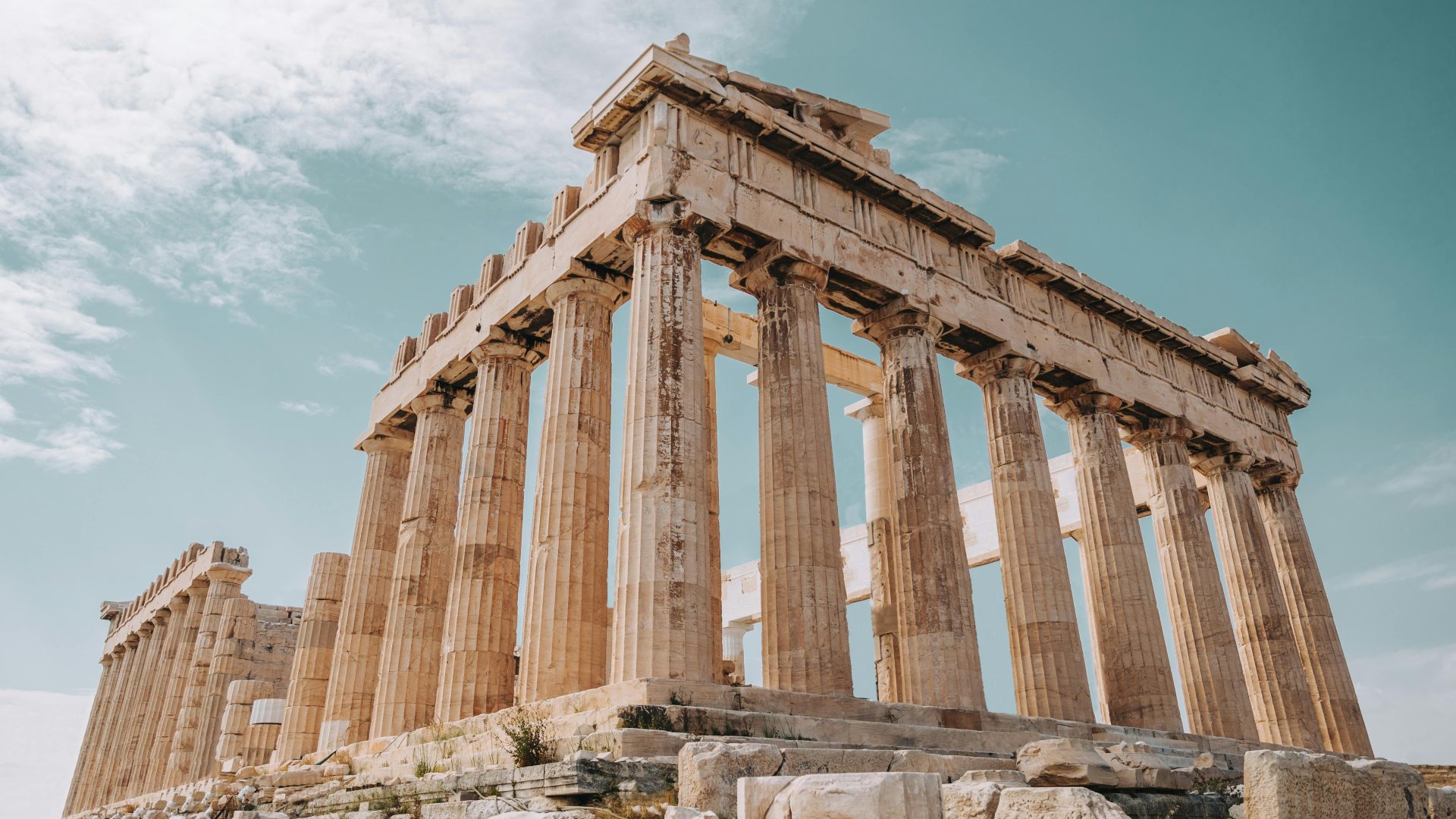Concerns About UAP Technocracy and Possible Authoritarian Ties
As a longtime listener of the Patterns Tell Stories podcast, I recently tuned into the episode titled UAP Technocracy. In this discussion, Klaus and Libertibirb raised significant alarm over Peter Thiel’s ties to the current administration. They pointed out that Thiel, who hails from Swakopmund, Namibia, has previously stated that “freedom and democracy are not compatible,” which suggests a troubling authoritarian perspective. I’m curious to hear the community’s thoughts on their concerns.
The connections to Nazi ideologies were much more evident during the initial disclosures led by To The Stars Academy. Key figures like Elizondo and other former aerospace leaders were associated with this initiative and appeared to align with its objectives.
I agree that we must confront the dark history referenced in the episode, particularly around what they termed “denazification.” Examples like Operation Paperclip and the ambiguous fate of figures like Kimmler illustrate this troubling past. But I can’t help but wonder: Have we been so misled?
Have we been insufficiently vigilant in recognizing these connections to Nazi ideology, or is the alarm over these ties somewhat overstated?

You’ve raised a number of complex and intriguing points about the connections between UAP technocracy, authoritarianism, and historical context. It’s crucial to approach these discussions with a nuanced perspective, especially when linking modern figures to the fraught legacies of the past.
Regarding Peter Thiel, his views do indeed raise eyebrows, particularly in the way they suggest a preference for a technocratic governance model that some interpret as undermining democratic principles. The notion that “freedom and democracy are not compatible” is particularly troubling for many, as it veers into territory that could support authoritarian practices.
As for the historical connections to Nazism and the implications of initiatives like Operation Paperclip, it’s essential to remember that history often repeats itself in strange and subtle ways. The concern over ‘denazification’ is valid, as it highlights the ongoing struggle with ideologies that can resurface in new forms. However, while it’s crucial to be vigilant, we should also be careful not to conflate all modern concerns under a single historical narrative without substantial evidence.
The balance is in remaining aware and critical, but not veering into alarmism. Engaging in open dialogue and analysis of these connections helps to foster a more informed community. The podcast seems to be a great platform for these discussions, and I’m curious to hear what others think about the potential implications of Thiel’s influence. Are we potentially overlooking something significant, or can we address these concerns intelligently without falling into conspiracy thinking?